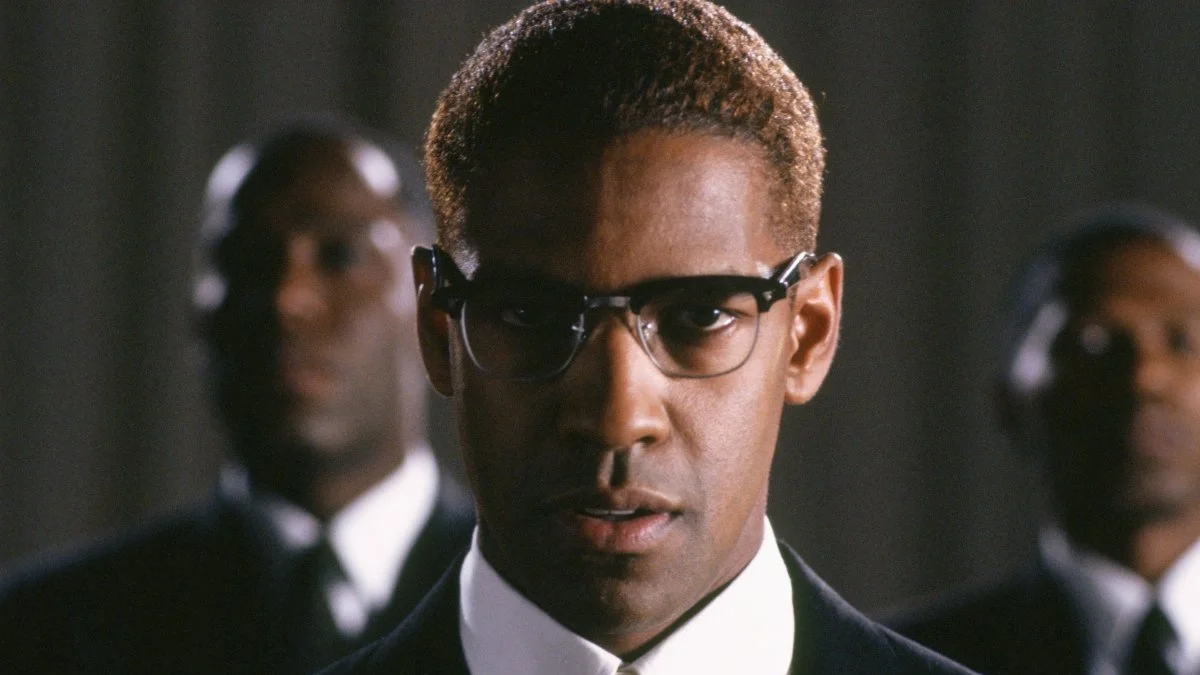Even in Death Bernardo Bertolucci Denies me Form.
/Eulogizing Bernardo Bertolucci is I think an A-typically difficult endeavor. Discussing even his unique filmography seems to escape any singular context or understanding of what he means to me both in and outside of the art he produced. What does come easy to me is that Bertolucci and his art definitely existed at the higher end of the spectrum artist. By that I mean I would consider Bertolucci the predominant stereotype of what a artist tends to look and sound like in my head. And his filmography, as well as his biography, is full of those traits that I most readily align with artistic behaviors. Contrarianism, somewhat tortured, sadistic and masochistic, aloof, stubborn, temperamental, and idealistic, but that the great bulk of these traits don’t really apply to Bertolucci himself as much as they seem to match what one would imagine the man who makes films like he did would. What’s interesting is I have very little affinity for his body of work as a whole, but the man looms so largely in my head for what I enjoy about his work . I think I enjoyed “The Dreamers” most, “The Last Emperor” (though the most problematic film not named “Last Tango in Paris”) is also his most readily accessible and typically satisfying, but the rest of his filmography “The Conformist” (A film so non conformist that it took me seven tries to actually finish it) were of the type of constitution that I had/have little to no interest in ever revisiting them. The Conformist, and it's ideas, themes and motifs so scrambled in my own head, so parted and distorted from frequently departing and then revisiting the film, from stepping outside of the headspace created, and then climbing back into it abruptly, that I don't think anything worthwhile would come out of a review of that film from me. “Last Tango in Paris” is a microcosm that becomes the macrocosm of what I think about Bertolucci the man and the artist. It's a wonderful dream like experience of Paris, and a unnerving authoritarian expression of raw desire and unbridled lust seems almost alien in its understanding of romance and connection. It's ethereally gorgeous and somewhat dream-like to the point of idealism, and yet as cynical and brutal in its depiction of it as something like Derek Cianfrance’s “Blue Valentine”. What we now know took place on that set as told to us by the actress Mariah Schneider makes any eulogy of Bertolucci that doesn't include that very fateful day incomplete, and I think, serves as a warning of the dangers of something as authoritarian as the “Autuer Theory”. The idea of which gives a sense of infallibility to something/someone inherently fallible…men. We cannot give such authority over to men because men are gonna men. The completeness of the lack of empathy involved to place ones vision over the safety of an actor. To conspire to ambush an actress into an act of simulated rape thus committing actual rape is to break every rule intended to create bonds of trust between people who have lent their power over to you. Taking this bit of real life horror and looking at the rest of Bertolucci’s films what I find, what I feel (cliché as it may sound) is that often times the same things that make us great are the same things that make us terrible. And great and terrible are incidentally the two words I most commonly associate with Bertolucci.


